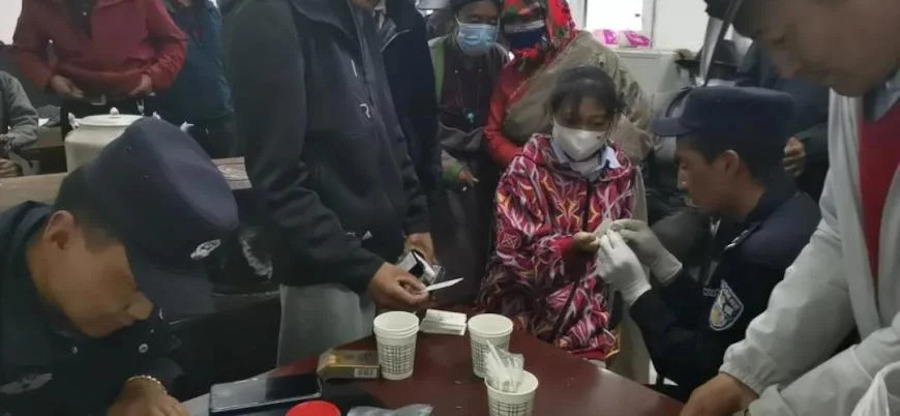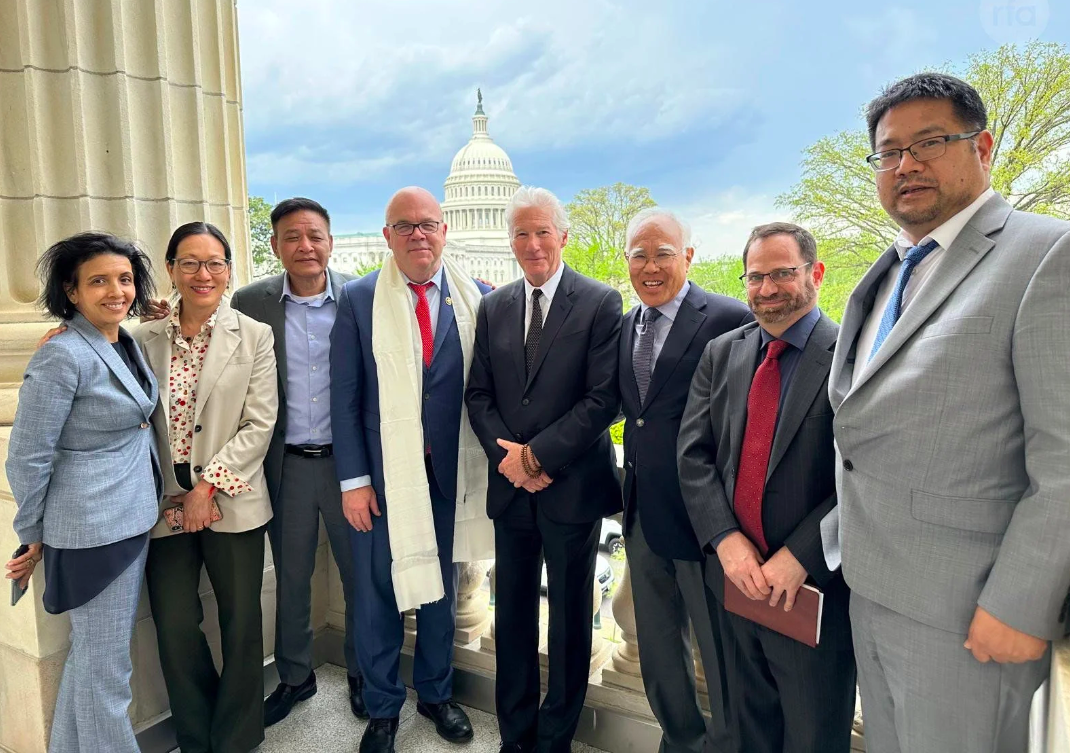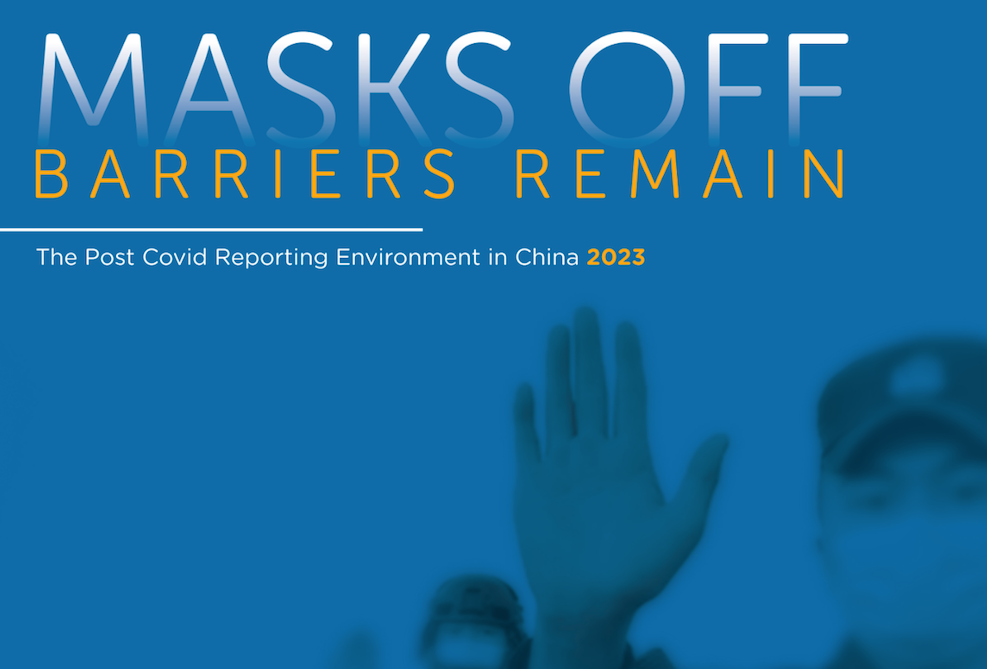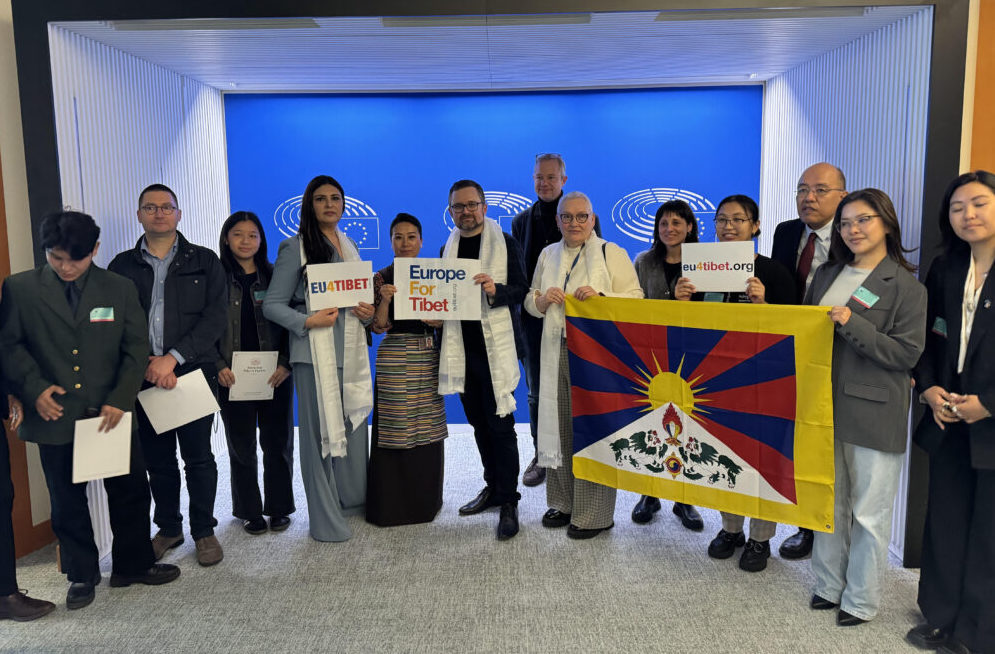By Choekyi Lhamo
DHARAMSHALA, Sept 6: Chinese authorities have been collecting DNA samples across Tibet from children and adults without their consent according to a latest Human Rights Watch report published on Monday. The HRW report presented evidence of mass data collection under the garb of “crime detection” drives in the region. The policing campaign by China that began in 2019 emphasised on “three greats” which are ‘inspection’, ‘investigation’ and ‘mediation’ designed to intensify China’s grassroots-level policing system.
“The Chinese government is already subjecting Tibetans to pervasive repression. Now the authorities are literally taking blood without consent to strengthen their surveillance capabilities,” HRW China Director Sophie Richardson said. The report cited two government tenders for the construction of local DNA databases in 2019. Most of the evidence was also backed by Chinese state media publications which identified drives in 14 distinct localities across most regions spanning the Tibetan Autonomous Region (TAR), as well as some collection drives outside of TAR.
“There is no publicly available evidence suggesting people can decline to participate or that police have credible evidence of criminal conduct that might warrant such collection,” the report stated, noting that the mass collection was a serious human rights violation which “cannot be justified as necessary or proportionate”. In January, while conducting registration and DNA collection in Chonggye County, police information revealed the level of intensity of the initiative through a briefing which stated, “No village must be omitted from a township, no household must be omitted from a village, and no person must be omitted from a household”.
According to HRW findings in Nyemo County, authorities collected DNA from children at three kindergartens with no information whether parents were asked for their consent in such a controversial drive. The report further stated that purposes of detecting crime did not appear to be legitimate in any case, as extraction of DNA in a school setting without the consent of parents or other caregivers, or the option to refuse this violation was nowhere present. “DNA information is highly sensitive and can facilitate a wide array of abuses if collected or shared non-consensually,” it further said.











One Response
Are samples also being taken from Uyghurs?
There is a lot of health data that can easily be abused when not appropriately used.
Perhaps why the Hippocratic oath has “do no harm.”